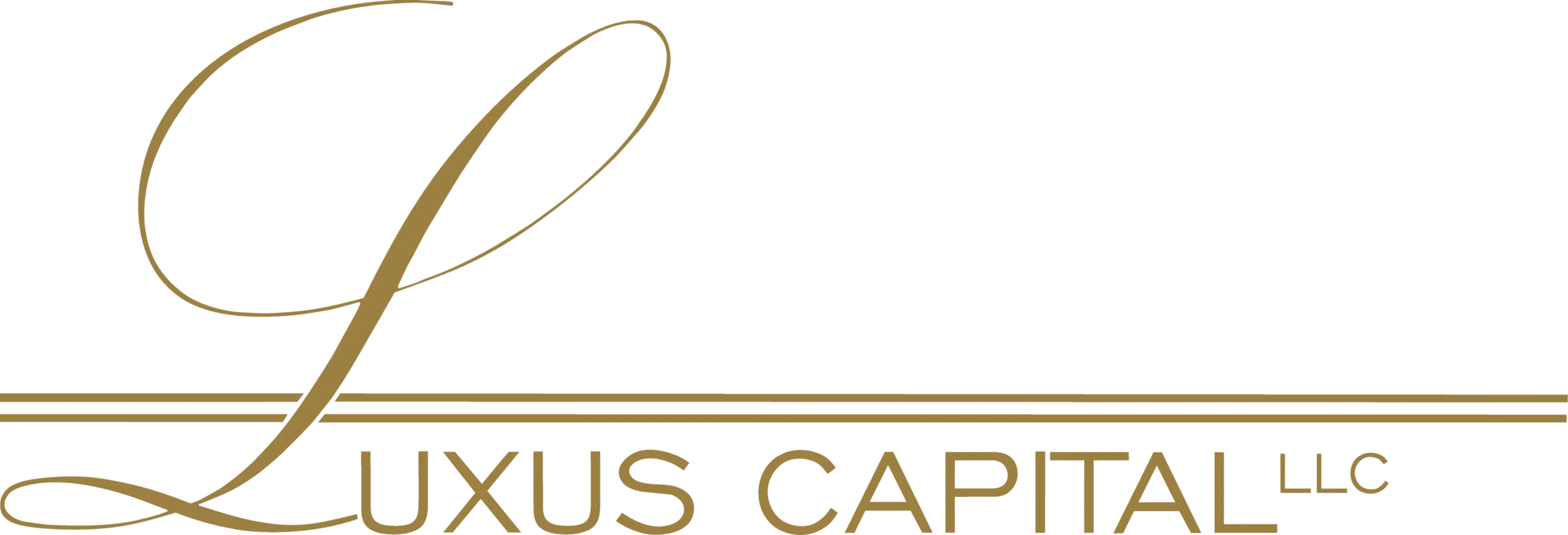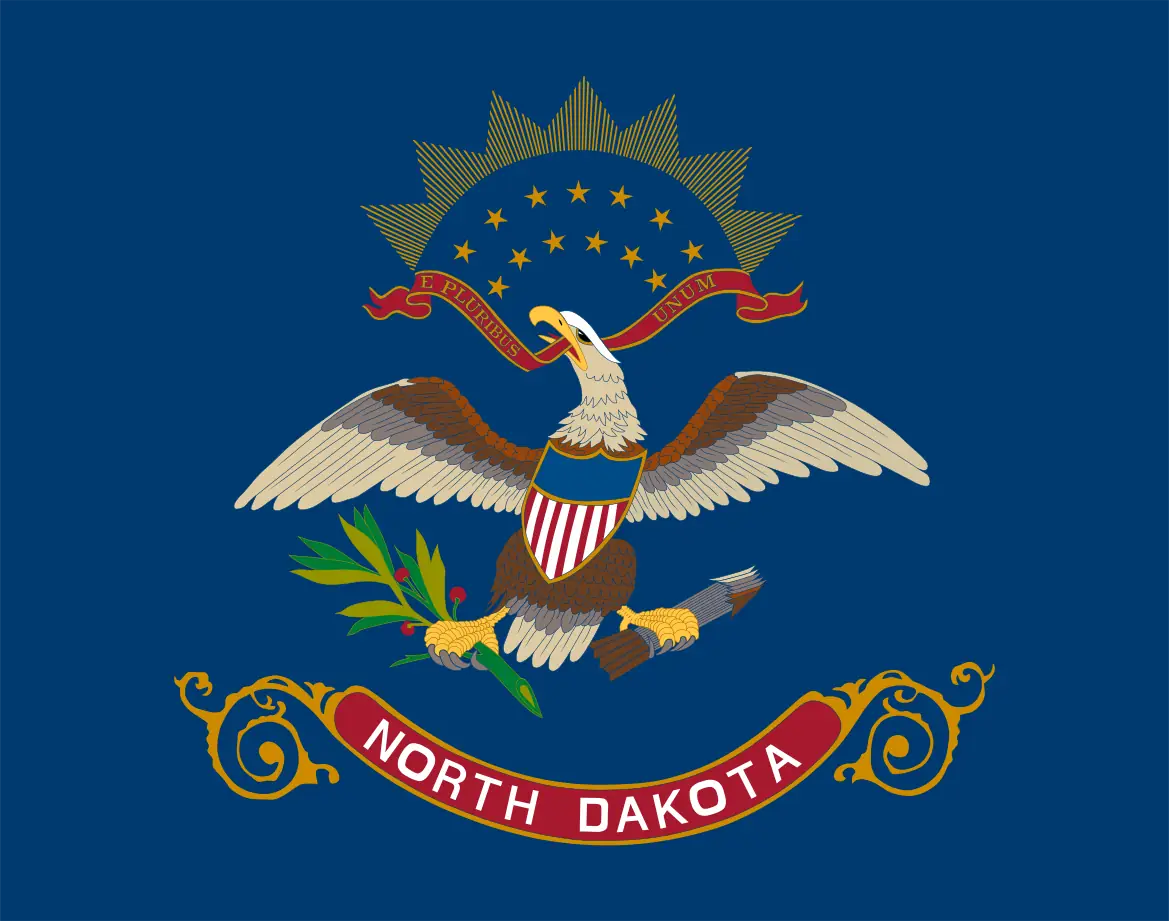Selling a firearm in North Dakota involves more than just finding a buyer.
It requires a deep understanding of the state’s gun laws, careful preparation of the firearm for sale, and a keen awareness of the buyer’s eligibility.
In this comprehensive guide, we’ll walk you through the process of selling your gun in North Dakota. We’ll cover everything from understanding the legal requirements to finalizing the sale.
Whether you’re a seasoned firearms enthusiast or a novice gun owner, this guide will provide you with the information you need.
We’ll delve into the intricacies of ND gun laws, the documentation required, and the best practices for advertising your firearm.
We’ll also explore the various selling options available, including private sales, selling through a dealer, or selling to a business like Luxus Capital.
By the end of this guide, you’ll be well-equipped to sell your gun in North Dakota, ensuring a smooth, legal, and safe transaction.
Understanding North Dakota Gun Laws
Before you can sell your gun in North Dakota, it’s crucial to understand the state’s gun laws.
These laws govern everything from who can buy and sell firearms to how transactions should be conducted.
North Dakota has its own set of gun laws, but it’s also subject to federal regulations.
Here are some key points to remember:
- North Dakota does not require a permit to purchase rifles, shotguns, or handguns.
- There is no firearms registration in North Dakota.
- No owner license is required.
- There is no permit needed for concealed carry of firearms.
Federal vs. State Regulations
When selling a gun in North Dakota, both federal and state laws apply.
Federal law regulates the sale of firearms across state lines and requires licensed dealers to conduct background checks.
However, private sales, such as those between individuals within the same state, are largely governed by state law.
ND Private Sale Requirements
In North Dakota, private gun sales are legal and relatively straightforward.
However, it’s important to note that you cannot sell a firearm to anyone you know or have reasonable cause to believe is prohibited from owning one.
Also, while not required by law, it’s a good practice to create a bill of sale for the transaction, which includes the buyer’s information, the gun’s details, and the sale price.
Preparing Your Firearm for Sale
Before you can sell your gun, you need to prepare it for sale.
This involves determining its value, cleaning it, and ensuring it’s in good working order.
Remember, the better condition your firearm is in, the more likely you are to get a good price for it.
Also, a well-maintained gun can be a selling point for potential buyers.
Finally, make sure you have all the necessary documentation for your firearm, including any original purchase receipts or warranty information.
Determining the Value of Your Gun
The value of your gun will depend on several factors.
These include its make and model, its condition, and the current market demand for firearms like yours.
You can check online resources, such as gun value books or websites, to get an idea of what your firearm might be worth.
Remember, the price you set for your gun should be fair and competitive.
It’s also a good idea to be open to negotiation, as this can help you sell your gun more quickly.
Cleaning and Maintenance Tips
Before you sell your gun, make sure it’s clean and well-maintained.
This not only helps to improve its appearance but also ensures it’s in good working order.
Use a gun cleaning kit to clean the barrel and other parts of the firearm.
Also, check for any signs of wear or damage and make any necessary repairs.
Remember, a clean, well-maintained gun is more likely to attract potential buyers.
Selling Options in North Dakota
When it comes to selling your gun in North Dakota, you have several options.
These include private sales, selling through a dealer, or selling to a business like Luxus Capital.
Each of these options has its own advantages and disadvantages, and the best choice will depend on your specific circumstances and needs.
Let’s take a closer look at each of these selling options.
Private Sales
Private sales involve selling your gun directly to another individual.
This can be a good option if you want to avoid dealer fees and have more control over the selling process.
However, private sales also require you to handle all the legal requirements and paperwork yourself.
You’ll also need to ensure the buyer is legally allowed to purchase a firearm in North Dakota.
Selling Through a Dealer
Another option is to sell your gun through a licensed firearms dealer.
This can simplify the selling process, as the dealer will handle all the legal requirements and paperwork.
However, dealers typically charge a fee for their services, which can reduce the amount you receive for your gun.
Also, dealers may not offer you as much for your firearm as a private buyer might.
Selling to Businesses like Luxus Capital
Finally, you can consider selling your gun to a business like Luxus Capital.
This can be a good option if you want a quick and hassle-free sale.
Businesses like Luxus Capital typically offer competitive prices for firearms and handle all the legal requirements and paperwork.
However, as with selling through a dealer, you may not get as much for your firearm as you would in a private sale.
The Legal Sale Process
Selling a gun in North Dakota involves a legal process that you must follow to ensure the sale is compliant with both state and federal laws.
This process includes conducting background checks, preparing necessary documentation, safely transferring ownership, and keeping records of the sale.
Failure to comply with these legal requirements can result in serious consequences, including fines and potential jail time.
Therefore, it’s crucial to understand and follow the legal sale process when selling your gun in North Dakota.
Background Checks and Documentation
In North Dakota, private gun sellers are not required by state law to conduct background checks on buyers.
However, it’s a good practice to do so to ensure the buyer is legally allowed to own a firearm.
You can request a voluntary background check through the North Dakota Bureau of Criminal Investigation.
In terms of documentation, while not required by state law, it’s advisable to create a bill of sale.
This document should include details of the transaction, such as the date, price, and descriptions of the firearm and buyer.
Having this documentation can protect you in case of future legal issues.
Transferring Ownership Safely
When it comes to transferring ownership of the firearm, safety should be your top priority.
Always meet the buyer in a public place and ensure the firearm is unloaded before handing it over.
It’s also a good idea to provide the buyer with any manuals or safety information that came with the firearm.
Record Keeping and Legal Consequences
Keeping records of your gun sale is crucial.
This includes the bill of sale, any correspondence with the buyer, and proof of the voluntary background check if conducted.
Failure to comply with gun sale laws can result in serious legal consequences, so it’s important to keep these records as proof of your compliance.
Marketing Your Firearm
Once your firearm is prepared for sale and you understand the legal requirements, the next step is marketing your gun.
This involves advertising your firearm and creating an effective listing that attracts potential buyers.
Remember, your marketing efforts should always comply with North Dakota’s gun advertising laws and regulations.
Advertising Legally in North Dakota
In North Dakota, there are no specific state laws regulating the advertising of firearms for sale.
However, it’s important to ensure your advertisements do not suggest any illegal activities, such as selling to prohibited persons.
Creating an Effective Listing
When creating a listing for your firearm, be sure to include detailed information about the gun, such as its make, model, condition, and any modifications or accessories included.
High-quality photos from different angles can also help potential buyers get a better idea of what they’re purchasing.
Remember, honesty is key in your listing. Misrepresenting your firearm can lead to disputes or legal issues down the line.
Finalizing the Gun Sale
Once you’ve found a potential buyer and they’ve expressed interest in your firearm, it’s time to finalize the sale.
This involves negotiating the sale, ensuring secure payment and transfer, and considering any after-sale responsibilities.
Negotiating the Sale
Negotiating the sale of your firearm can be a delicate process.
It’s important to stand firm on your price, but also be willing to make reasonable concessions to close the deal.
Secure Payment and Transfer
When it comes to payment, it’s best to opt for secure methods like bank transfers or certified checks.
For the transfer, meet in a safe, public location and ensure the buyer has the necessary permits and identification.
After-Sale Considerations
After the sale, it’s important to keep a record of the transaction for your records.
This can help protect you in case of any future disputes or legal issues.
Additional Considerations for Gun Sellers
Selling a firearm in North Dakota involves more than just understanding the laws and preparing your gun for sale.
There are additional considerations that can impact the success of your sale and your overall experience.
Dealing with Potential Buyers
When dealing with potential buyers, it’s important to be patient and professional.
Remember, not every inquiry will lead to a sale, and it’s okay to say no if a deal doesn’t feel right.
Ethical and Safety Concerns
Selling a firearm also comes with ethical and safety concerns.
You should always ensure the buyer is legally allowed to own a firearm and has the necessary knowledge to handle it safely.
Conclusion
Selling a firearm in North Dakota can be a complex process, but with the right knowledge and preparation, it can be a smooth and successful endeavor.
Remember, the key to a successful sale lies in understanding the laws, preparing your firearm, choosing the right selling option, and dealing with potential buyers professionally and ethically.









